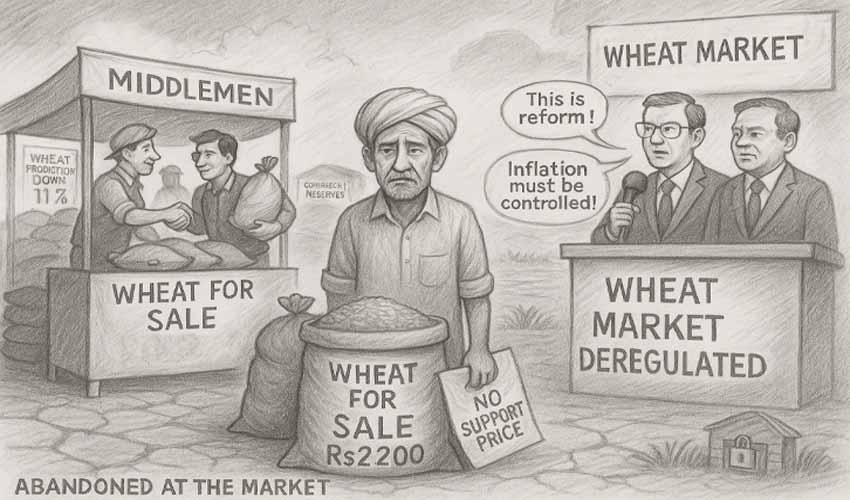Renowned Islamic scholar Mufti Taqi Usmani called on Saturday for a national movement to cease the use of imported goods.
Speaking at a press conference in Karachi, Taqi Usmani highlighted the detrimental impact of luxury imports on Pakistan's foreign exchange reserves and criticized the government’s concession to International Monetary Fund (IMF) conditions.
The Islamic scholar stressed that the onus of change lies not solely with the government but with the people and the business community.
He asserted that if both traders and the public collectively decide to halt the use of imported products, the influx of these goods will stop, forcing a shift in economic practices.
“If traders and people make up their minds not to use imported goods, those goods will stop coming into the country,” he stated.
Addressing the current political and economic crises, Taqi Usmani lamented that Pakistan remains beholden to the IMF, with conditions that inhibit the government from implementing import bans.
“We are slaves to the IMF. This dependency has shackled our nation and indebted every citizen,” he said. Usmani criticized the continued import of luxury items and other unnecessary goods, which he claimed waste precious foreign exchange and benefit countries that are hostile to Pakistan.
The scholar pointed out the irony of the nation’s situation, given its abundant natural resources.
He questioned why, despite these resources, Pakistan has not progressed in infrastructure development, such as road construction and railway expansion, beyond the legacy left by British colonial rulers. “We have yet to lay even a single railway line since the British. Where did we go wrong?” Usmani asked.
Usmani’s critique extended to the political landscape, where he observed that each election is marred by allegations of rigging and fraud, leading to ongoing political instability. He urged the business community, which he described as the lifeblood of the nation, to lead efforts in compelling politicians to adopt more effective and ethical policies.
“The business community must unite and push for change. Only then can we expect the politics to align with the nation’s welfare,” he suggested.



























